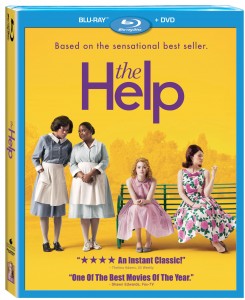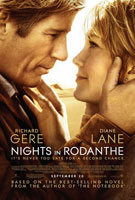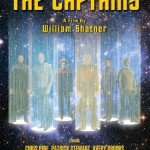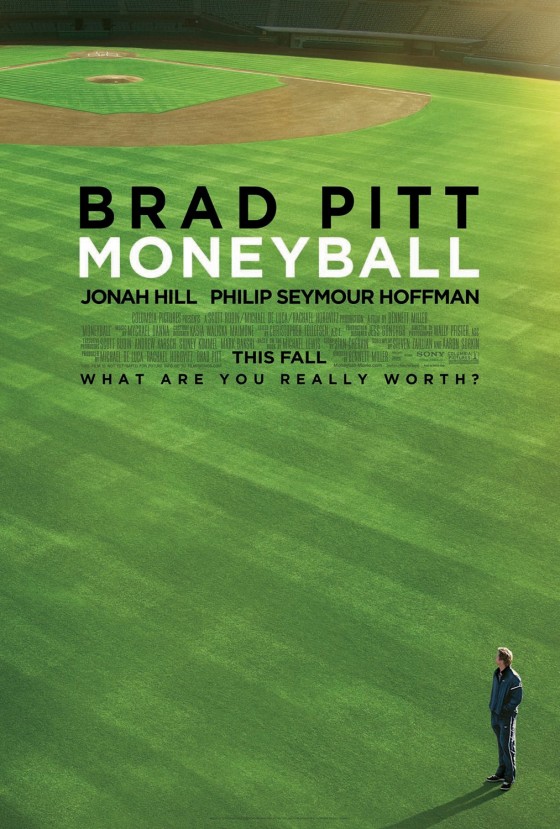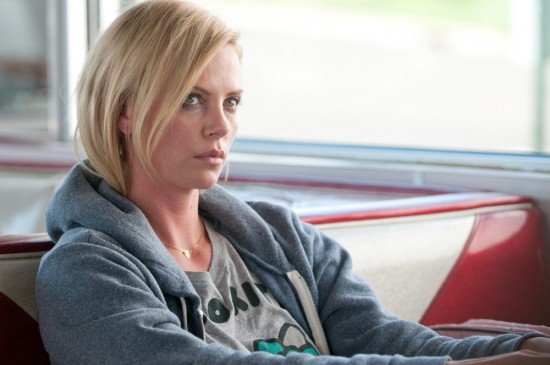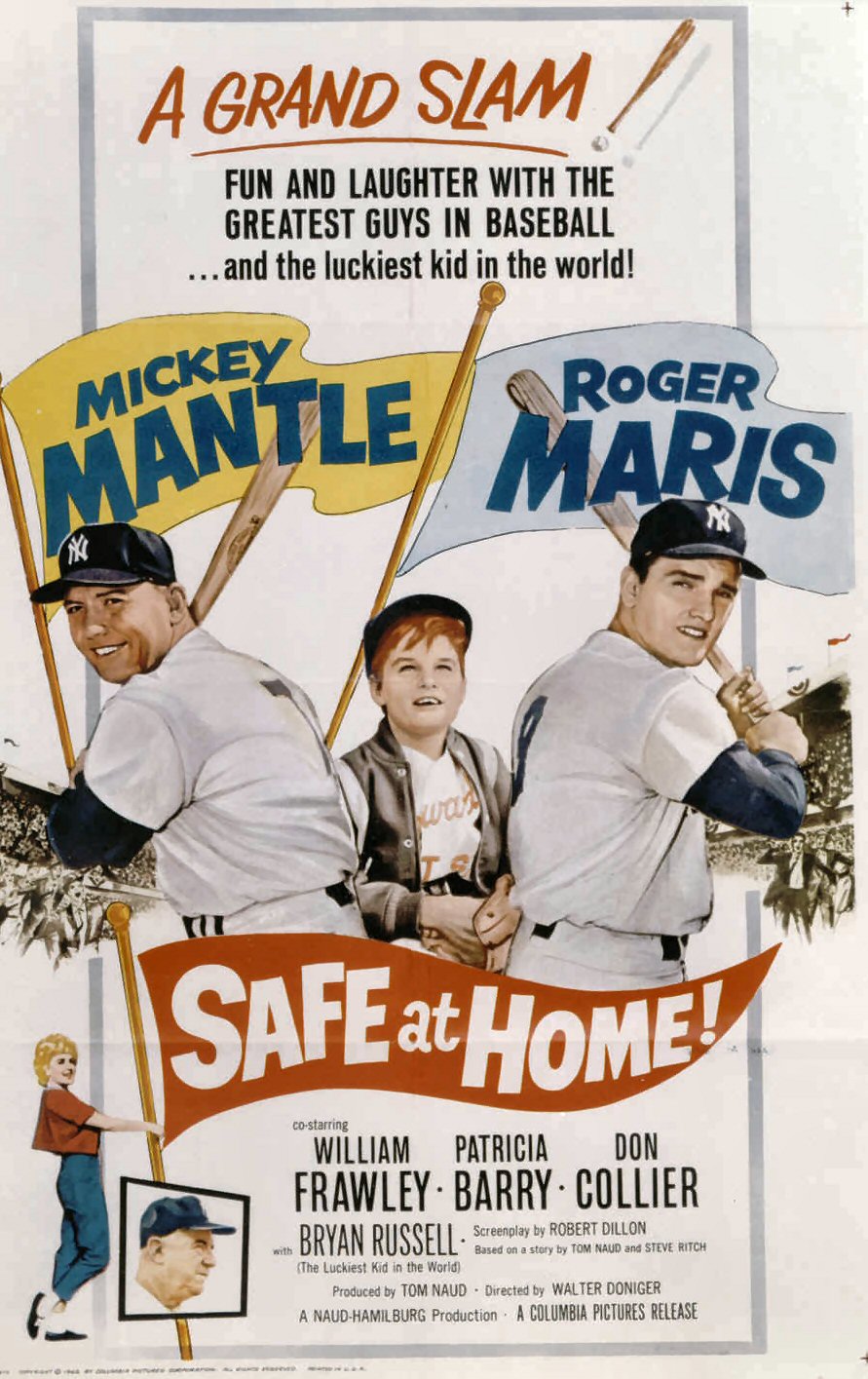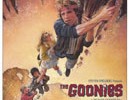Tate Taylor’s The Help is a film about stories — personal stories of empowerment that tell universal truths. It’s a film that says all the right things while tackling tough subjects. It’s hard not to respect its message of love and equality. Despite all this, The Help plays it too safe. Taylor paints good and bad far too cleanly given the charged themes. The result may leave a happy feeling in your heart but doesn’t go far enough in challenging viewers.
Set in Mississippi during the charged 1960s, The Help centers on a group of Black maids struggling to break free from generations of looked upon as lesser beings, even animals. In many houses, they still have separate bathrooms. They must ride at the back of the bus. They’re simple servants made to keep a clean and orderly home. This is nothing, though, when compared with the disrespect they get for being the backbone of many families, raising their boss’ children almost entirely on their own while husbands are at work and wives are playing cards and gossiping.
It’s all just a facade, one that everyone’s been willing to be a part of until now. Amid the sweeping social upheaval of the era, Aibileen (Viola Davis) becomes a symbol of empowerment, being one of the first maids willing to share her story with the masses, creating a crack others could burst through.
Her story, as well as those of her fellow maids, are shown amid a group of the girls they helped raise. Some have softened to society’s past sins of prejudice while others are happy to hold onto the past and maintain the status quo if that means they don’t have to lift a finger or risk their place in the society pages of the local paper.
The Help is a well-constructed film that works well as a piece of storytelling. In particular, the ensemble cast is extremely strong. Standing out in particular are Davis and Octavia Spencer who embody two very different characters. Davis’ Aibileen is a soft yet stoic woman. She leads through her wisdom. On the other hand, Spencer’s Minny is a sassy, old-nothing-back spitfire who is equally wise, although, at times, reckless. The two bring balance to one another, giving the audience heart and humour. The edge Bryce Dallas Howard’s brings in the antagonist role was also a refreshing change from the traditional damsels she’s been portraying in many of her more recent mainstream roles.
Where I grew tired with The Help was the fact that it played things far too easily. Yes, the characters had major struggles. They had hard lives. The world wasn’t fair to the maids. That was driven home very quickly. As for the other characters in the film, they were all either politically correct or old-school bigots. Everything was clear from the beginning. Those secondary characters that did struggle with the right thing were the film’s weakest. It was obvious they were malleable from the start. I would have liked to have seen more grey in some of the morals. While this would have taken some of the film’s easy softness away, it would have also added some much-needed drama and overall balance.
Based on the novel by Kathryn Stockett, I also got a sense that the story was better suited for a book as there are so many characters and angles to cover. Even at nearly two-and-a-half hours, several of the subplots feel glossed over and shortened. Part of that stemmed from the sense of things going the crowd-pleasing route. Even a TV series would be a better format so that more of the stories, the very thing that frames the narrative, could be told in a way that’s deserved.
By playing it safe, The Help is an enjoyable film where you get caught up in the moment. But I finished watching it wanting something more. I wanted to feel more than content. I wanted to be challenged. But by opting for safe, all I felt I really got was a case of the warm fuzzies. And who doesn’t love warm fuzzies? I still wish there was something more substantial.
The Help Blu-ray Review
Packaged together with a DVD copy of the film, Disney’s Blu-ray for The Help is a somewhat sparse, albeit solid, release. Shown in 1080p high definition with English 5.1 DTS-HD MA, the film looks and sounds good. Bonus features are limited five deleted scenes with introductions from director/writer, Tate Taylor, a Mary J. Blige music video and two featurettes. “The Making of The Help: From Friendship to Film” runs nearly 30 minutes and traces the movie back to its roots with Taylor growing up with the book’s author, Kathryn Stockett. “In Their Own Words: A Tribute to the Maids of Mississippi” sees Taylor and star Octavia Spencer talk with some of the women who were the inspiration for the story.
